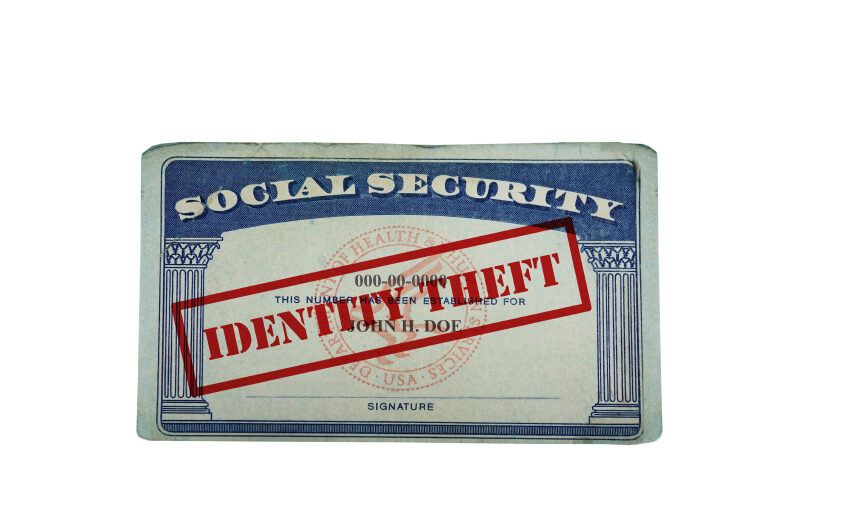5 Ways to Protect a Senior During Tax Season

Older adults are often the target of financial scams. While summer has always been considered to be the time of year when these types of crimes peak, aging experts now say tax season is equally risky. Estimates are the tax refund fraud will total $21 billion in 2016.
How Criminals Steal a Senior’s Identity
Stealing an older adult’s identity doesn’t always start with a home break in or a purse snatching. Scammers target our seniors in a variety of other ways including:
- IRS Agent Scam: One scam that continues to grow is when a con artist poses as an IRS agent. He or she calls or sends threatening emails to seniors to tell them they owe money that must be paid immediately. These IRS impersonators sometimes threaten police action or imprisonment if the older adult doesn’t pay on the spot using a credit card or checking account number. The truth is the IRS will never phone you and ask for immediate payment or bill you without an opportunity to dispute a claim.
- Mail Theft: Another avenue criminals may take is to steal older adults’ mail right out of the box. Because many people believe older adults have good credit and strong investments, fraudsters hope to find some identifying information that will allow them to gain access to the senior’s social security number from an item in their mailbox. This allows them to apply for credit in the senior’s name.
- Medical Information Theft: Criminals have also been known to steal Social Security information from medical centers to use to file bogus tax returns. Scammers either hack in to the health care center’s computer system or bribe an employee at one of these facilities for a list of Social Security numbers. Once accessed, they use the information to file fake tax returns and collect refunds that belong to others. Seniors often aren’t even aware it’s happened until they attempt to file their own refund.
How to Protect a Senior against Fraud during Tax Season
Here are a few recommendations to help the older adults and family caregivers avoid financial fraud and identity theft:
- Just Say No: Because this generation of seniors was brought up to be more polite, they often have difficulty hanging up the phone on or closing the door on a stranger. Scammers are aware of this and prey upon their politeness. Discuss this issue with your senior loved ones and let them know it is alright to hang up the phone or close the door on suspicious people.
- Protect their Identity: Another step you can take to protect yourself or your senior loved one is by storing Social Security and Medicare cards in a safe place. Don’t make it a practice to carry either of these cards every day. Review your credit report at least once each year for accuracy and help the older adults in your life do the same.
- Stay Alert: Pay attention to news coverage —even at the national level — that talks about scams targeting older adults. Both the local and national news are good sources of information. Another surprisingly effective way to stay up-to-date is to follow your local law enforcement agencies and the FBI on Facebook. They routinely share current issues impacting local communities and the nation.
- Monitor Financial Accounts: Stay vigilant with the status of financial accounts. If you are an older adult who struggles a little with technology, consider setting up an adult child on your account. They can help you use online avenues to monitor transactions on your accounts quickly and easily. It will allow you to intervene immediately if you spot something suspicious.
- Get an IRS Identity Protection PIN An IP PIN is a six-digit number assigned to eligible taxpayers that helps prevent the misuse of your Social Security number on fraudulent federal income tax returns. Learn more about IP PINs on the IRS website.
We hope this information helps you and the older adults in your life stay safe from identity theft. If you’d like to learn more, the Internal Revenue Service created the IRS Taxpayer’s Guide to Identity Theft. You can download it at no cost.
Related Posts

Podcast: A Day in the Life at Era Living – Resident Diane Miller

Podcast: Advocating for Retirees in Senior Living

